Why is Verbal Abuse So Dangerous?
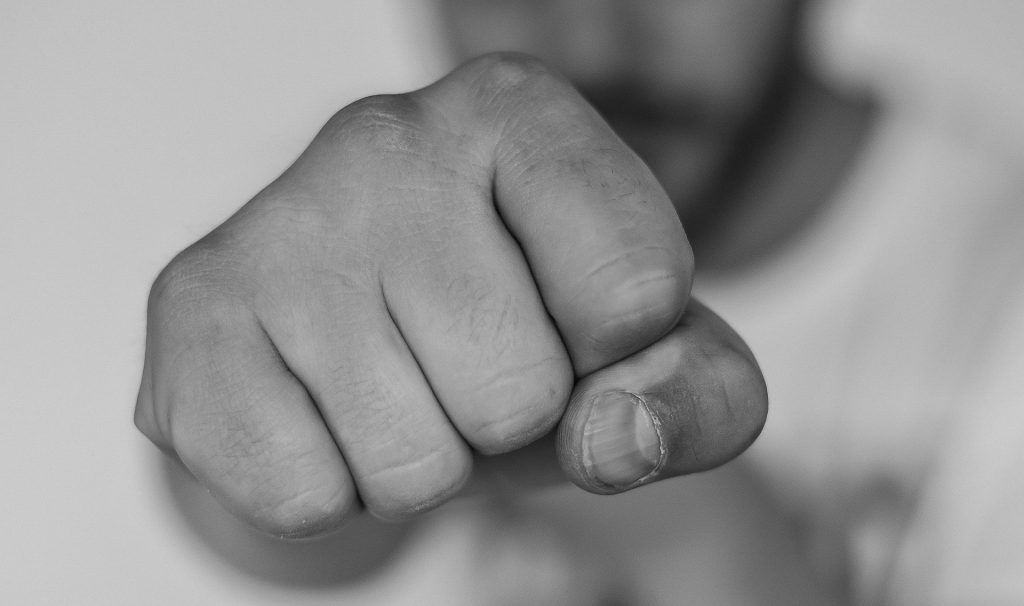
Writer’s note: Hey, Psych2Goers! A disclaimer : this article isn’t meant for diagnosis or treatment. It is to create awareness among the general public, so if you or someone you know may be struggling, don’t hesitate to seek professional help from Psychiatrists or other trusted professionals.
“Nothing’s gonna hurt you the way that words do
When they settle ‘neath your skin
Kept on the inside and no sunlight
Sometimes a shadow wins” – Brave, Sara Bareilles
Domestic violence is the leading cause of injury to women in the US. According to the National Statistics Domestic Violence Fact Sheet, 1 in 3 women and 1 in 4 men have experienced some form of physical violence by an intimate partner. This includes a range of behaviors (e.g. slapping, shoving, pushing) and in some cases might not be considered “domestic violence.”
When people think of domestic violence or relationship abuse, they often think of the stereotypes that go along with it. The truth is, no one is immune to domestic violence. It can affect anyone. No matter what race, gender, socioeconomic status, level of education, religion or sexual orientation.
However, it is a huge mistake to only think about physical abuse as the gold standard against which verbal abuse is measured (Streep, 2020).
What’s the difference between verbal abuse and a ‘normal’ argument?

Most probably you will hear about verbal abuse in the context of a romantic relationship or a parent-child relationship. However, this toxic behaviour can also occur in other family relationships, socially or in the workplace (Pietrangelo & Legg, 2019).
As humans, we get into arguments from time to time. Hey, everyone loses it now and again, right? However, there are meaningful distinctions between verbal abuse and a normal argument.
According to Pietrangelo & Legg (2019), below are some examples of what normal disagreements look like:
- They don’t dissolve into name-calling or personal attacks.
- They don’t happen every day.
- Arguments revolve around a basic issue. They aren’t character assassinations.
- You listen and try to understand the other’s position, even when you’re angry.
- One of you may yell or say something truly awful out of frustration, but it’s an unusual occurrence and you work through it together.
- Even if you can’t agree completely, you’re able to compromise or move on without punishments or threats.
- Arguments aren’t a zero-sum game: One person won’t win at the detriment of the other.
Consider it a red flag when the other person engages in these behaviors:
- They insult or attempt to humiliate you. Then they accuse you of being overly sensitive or say that it was a joke and you have no sense of humor.
- They frequently yell or scream at you.
- Arguments take you by surprise, but you get blamed for starting them.
- The initial disagreement sets off a string of accusations and dredging up of unrelated issues to put you on the defense.
- They try to make you feel guilty and position themselves as the victim.
- They save their hurtful behaviors for when you’re alone but act completely different when others are around.
- They get into your personal space or block you from moving away.
- They hit the wall, pound their fists, or throw things.
- They want credit for not having hit you.
Consequences of Verbal Abuse
1. Pain from verbal abuse lingers on for an entire lifetime, unlike physical pain which disappears after a while.
According to Springer et al. (2003), emotional pain from verbal abuse can cause long-term health sequelaes and can haunt a person for their entire life. What’s more awful is that by reminiscing the event, can trigger you to re-experience the entire pain narrative.
2. It damages self-esteem and can lead to life-long mental health problems.
As stated by Dr. Jolanta Mackowicz from Pedagogical University of Cracow in Poland (2013), verbal child abuse in relationships between parents and teachers has a causative power, as both these adult figures create the image of “self” in a child, as the way of perceiving and valuing themselves. Self-esteem is an attitude towards oneself, especially towards one’s capabilities. It is an important part of self-awareness; it is a set of judgments and opinions concerning one’s “self” (W. Szewczuk 1985, p. 275). People shape their self-esteem for their whole life, however, the first attempts of shaping the image of the “self” appear as early as in the preschool period.
Criticism and emphasis put on failures and mistakes only with lack of praise has a negative effect on a developing personality, it distorts the image of one’s “self”, lowers child’s self-esteem and is destructive for its development as it prevents the child from reaching its full potential. A child cannot spread its wings as they had been clipped. (Gordon, 1995).
3. Friends and family members cannot understand the harm done by verbal abuse, so the support system is often missing.
Picture this! A young kid is getting beaten at home by his father. Punches, kicks, multiple hits are hurled towards him. It leaves bruises and injury on his skin. Then, the next day, he goes to school. What will happen? There is a huge likelihood that his teacher or friend would notice the marks and question him about it.
Now, let’s change the physical abuse into verbal abuse. Same kid, getting called ridiculous names and insults, his father says he is not worthy of his attention. This will create an indelible mark and bruises in his heart. What will happen when he goes to school? When his academic performance decreases? Most probably the teacher would associate with laziness, instead of trying to dig deeper into the roots. According to Nordgren, Banas & MacDonald (2011), while people sympathize with other’s physical pain, they almost always underestimate their emotional suffering.
4. It can lead to eating disorders
Child maltreatment, which includes physical, sexual and emotional abuse (EA), physical and emotional neglect (EN) and child exposure to intimate partner violence (IPV) — is increasingly being recognized as a non-specific risk factor for eating disorders (EDs) and eating-disordered behavior (Gilbert et al., 2009). When children are emotionally abused, they might develop negative beliefs in one’s own abilities, the feeling of being incapable and unloved. In this scenario, it can get difficult to express emotions and this can lead to chaotic and impulsive behavior, which is often associated with eating disorders, like binge eating followed by purging.
5. Verbal abuse can cause migraines and severe headaches.
A number of practice-based (Felitti, 1991; Mc Cauley et al., 1997) and population-based studies (Golding, 1999; Fuh, Wang & Juang, 2010) have demonstrated at least a modest association between headache and childhood abuse.
The case of a contract frontliner during Pandemic Covid-19 :
“You are so stupid. What do you feed your brain with?” and his superior hurled the bed head ticket ( meaning : a form of chart wherein medical history of a patient from the date of his admission till the date of his discharge is written.) towards him, in front of his colleagues and onlookers.
“Haven’t you realized you are a mere contract worker? *Insert profanities here* Know your worth! Pull yourself together, or your contract will be extended.”
Have you ever undergone similar experiences in your working environment? You feel downgraded, and as a consequence, your self-esteem decreases.
He felt the burning eyes of the onlookers, who watched silently as he was being roasted daily. He despised the stares, both venomous and full of pity alike. His white coat felt so heavy on his shoulders, and the bed head ticket that he had just picked up after it was thrown at him suddenly felt so burdensome.
He realized he was nearing his breaking point, before it started to explode like molten lava, he expressed his feelings towards one colleague…However, his colleague, being a contract frontliner himself, exposed what he had said to his superior since the former wanted to be on the good side of the notorious superior. A typical workplace drama. Then, rumours circulated around the workplace, saying he was weak. It spread so fast, it was as if the walls had ears.
He dawned upon a realization. His colleagues were not his friends. Some were acquaintances, well some can be foes. It is a “dog eats dog” world. A survival of the fittest. As a result, he suppressed and bottled his emotions.
He took it with him everyday. To work and back home, each day feels like a riptide being pulled by the Moon. He plonked onto the single bed, staring at the ceiling. He felt suffocated. This feeling intensified, knowing he was all alone in the empty house, his beloved family lived in a whole different state altogether. Before this, they could cross the state to travel to check up on him, but…2020 happened. The year of the pandemic. Interstate travel is banned…The number of patients increased, workload increased…and this further pushed him into the black hole. A broken soul, his body shattered into pieces, crumbled and billowed away. Each day he dragged his feet to work with the same defeated eyes, the hunchbacked postures, and the low speech pattern. He was feeling very exhausted to receive the short end of the stick. All of a sudden, he spiralled into dark, dark thoughts. A thought so dark, no amount of light could penetrate through.
The appropriate steps for treatment
- Take better care of yourself
According to a clinical psychologist, Dr. Perpetua Neo, never underestimate the power of self-love and feeling beautiful — whatever that means to you. Every derogatory word an abusive person utters to break your spirit will bounce off and boomerang back at them because you are strong in who you are — a beautiful soul, inside and out.
2. Realize that maybe the abuser can help themselves – but they are choosing not to
Usually, those who are trapped in an abusive relationship are unable to label their abuser as ‘abuser’. They tend to stay in the toxic relationship because they would try to rationalize the toxic behaviour, “Maybe he has a bad day at work.” However, you should never rationalize the toxic behaviour. Abuse is abuse. The abuser did it because it gratified him, it showed that he is in power, a form of superiority complex.
3. Prioritize your emotional well-being over protecting your abuser
Matrimonial consultant Sheela Mackintosh-Stewart characterizes disengagement from an abuser as the moment when an abuse sufferer “starts to change from thought to action.”
“You might start building up your savings in anticipation of your departure, or asserting yourself, making boundaries that you wouldn’t have in the past,” she says. “In arguments, you might find yourself saying things like, ‘I don’t appreciate being treated in this way, so please stop.’
4. Stop pretending everything is OK
You must throw away the cognitive distortion that was bombarded upon you from the people around you who don’t understand that different people have different definitions of strength. Let the tears flow and release everything. You will feel so much better. The Japanese are such strong believers in the health benefits of crying that they’ve taken that wisdom to the next level.
According to a clinical psychologist at UCLA and director of the Raoul Wallenberg Institute of Ethics, some cities in Japan now have “crying clubs” called rui-katsu (meaning, literally, “tear-seeking”), where people come together to indulge in good old-fashioned sobfests. (To help the tears flow, participants watch tearjerkers.) The premise? Crying releases stress, and is therefore a great practice when it comes to staying mentally healthy. Research is backing up that theory. Studies of the various kinds of tears have found that emotional tears contain higher levels of stress hormones than do basal (aka lubricating) or reflex tears (the ones that form when you get something in your eye). Emotional tears also contain more mood-regulating manganese than the other types. Stress “tightens muscles and heightens tension, so when you cry you release some of that,” Sideroff says. “[Crying] activates the parasympathetic nervous system and restores the body to a state of balance.”
REFERENCES
Felitti VJ. Long-term medical consequences of incest, rape, and molestation. (1991). South Med J. 84, 328–331.
Golding JM. Sexual assault history and headache: Five general population studies. (1999). J Nerv Ment Dis. 187, 624–629
Gordon T.(1995): Wychowanie bez porażek w szkole [Upbringing without failures at school], Warszawa
Govender, S. (n.d.). Crying: The health benefits of tears. Retrieved April 14, 2021, from https://www.webmd.com/balance/features/is-crying-good-for-you
Fuller-Thomson E, Baker TM, Brennenstuhl S. (2010). Investigating the association between childhood physical abuse and migraine. Headache. 50, 749–760.
Huecker, M. R. (2021, February 17). Domestic violence. Retrieved April 14, 2021, from https://www.ncbi.nlm.nih.gov/books/NBK499891/#:~:text=According%20to%20the%20CDC%2C%201,some%20point%20during%20their%20lifetimes.&text=At%20least%205%20million%20acts,over%203%20million%20involving%20men.
Legg, T. J., & Pietrangelo, A. (2019, March 29). What Is Verbal Abuse? How to Recognize Abusive Behavior and What to Do Next. Retrieved April 14, 2019, from https://www.healthline.com/health/mental-health/what-is-verbal-abuse
Maćkowicz J.(2007): Child abuse and its perception by students, parents and teachers (Analysis of research results), „The New Educational Review, No. 3-4
McCauley J, Kern DE, Kolodner K, et al. Clinical characteristics of women with a history of childhood abuse: Unhealed wounds. (1997). JAMA. 277, 1362–1368.
Neo, P. (2020, January 30). Unhappy in your relationship? Here’s how to find out if it’s abusive (and if it’s time to leave). Retrieved April 14, 2021, from https://www.mindbodygreen.com/articles/signs-you-re-ready-to-leave-your-abusive-relationship-according-to-a-psychologist
Streep, P. (2020, December 08). Why verbal abuse is so dangerous. Retrieved April 14, 2021, from https://www.psychologytoday.com/us/blog/tech-support/202012/why-verbal-abuse-is-so-dangerous?utm_source=FacebookPost&utm_medium=FBPost&utm_campaign=FBPost&fbclid=IwAR2_mpST_JiaYftnAdc8YhTusU9zOBcmeHtG4GAAz_2dsu_O8cNr2BG1rw4
Szewczuk W.(1985): Słownik psychologiczny [Dictionary of psychological terms], Warszawa

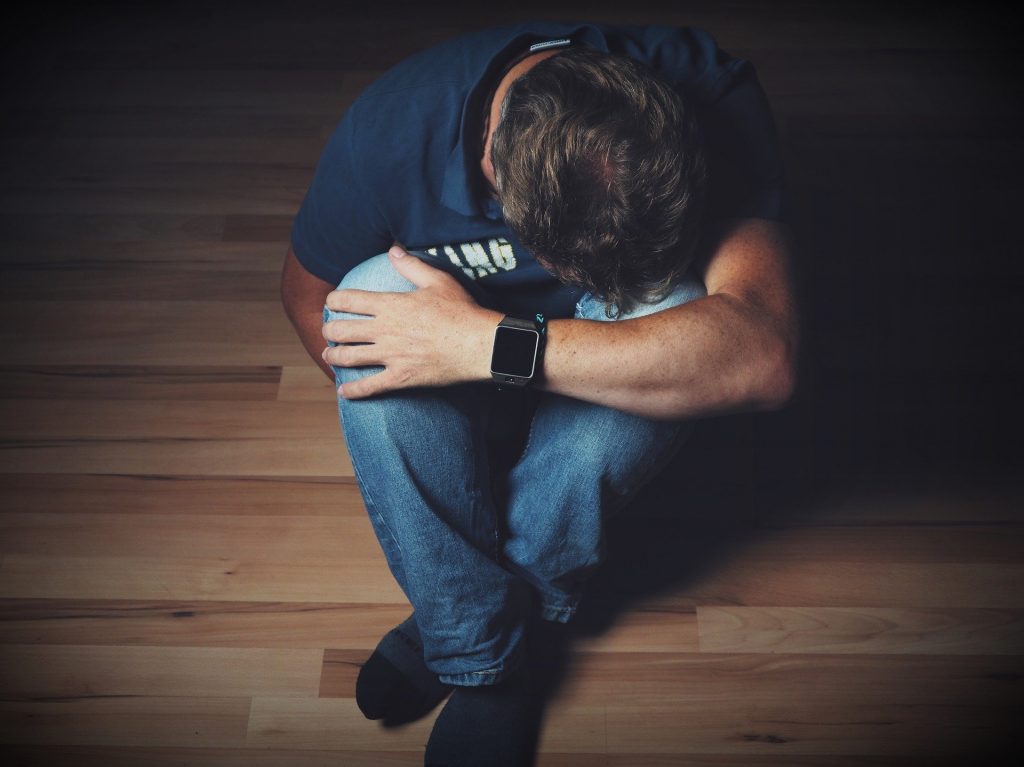

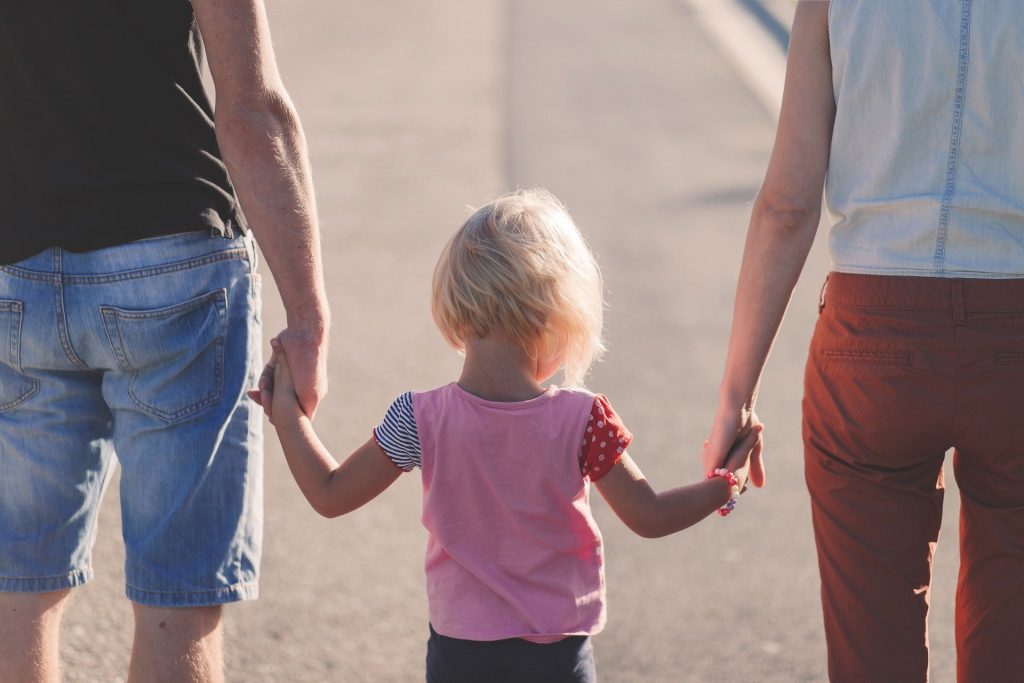
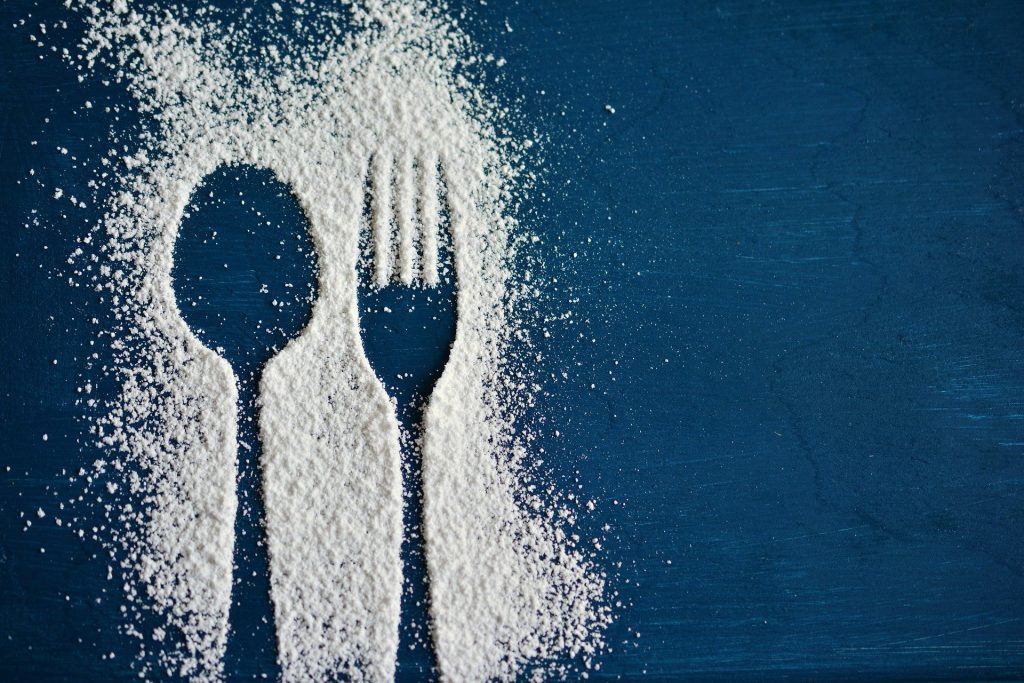
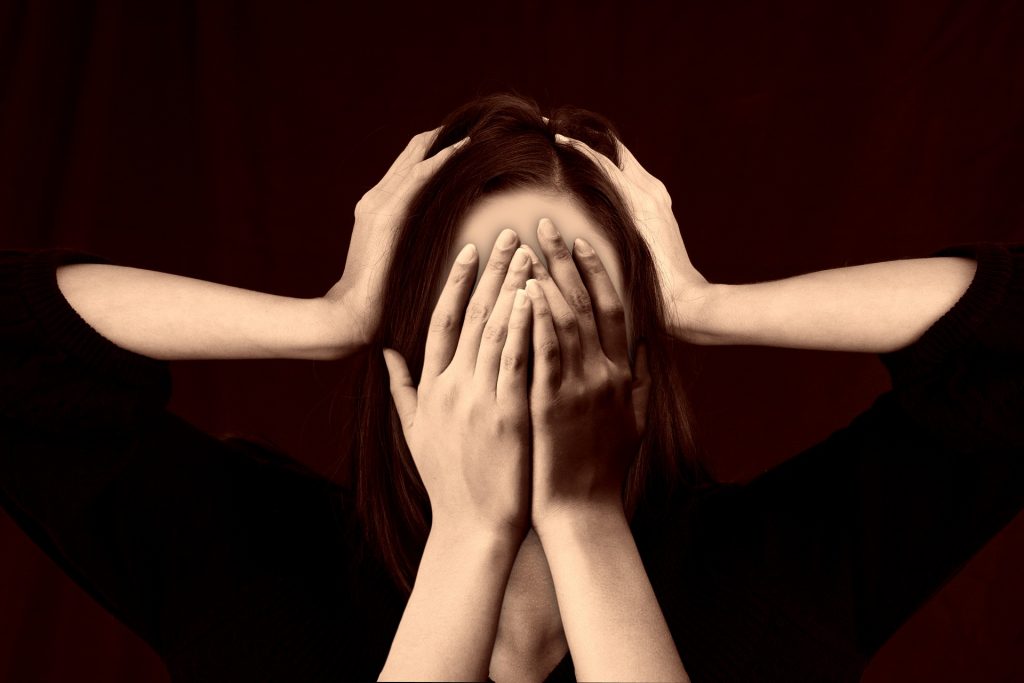




So deep and real facts have been shown.